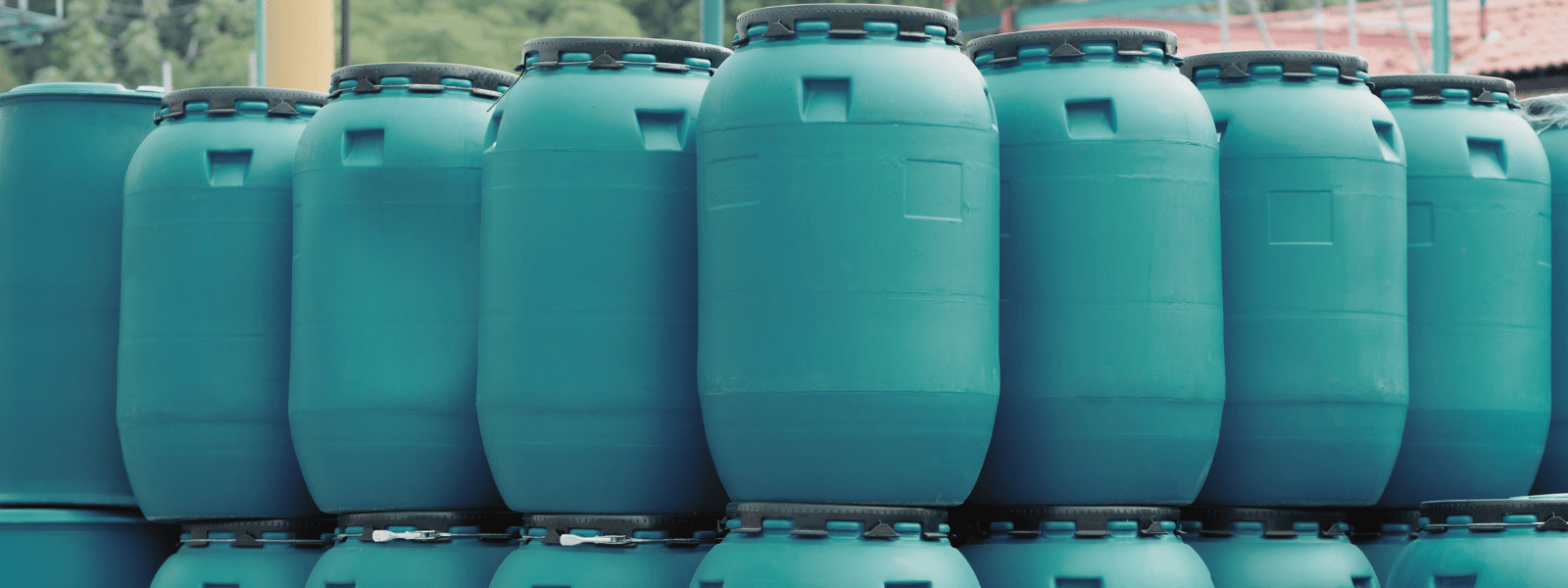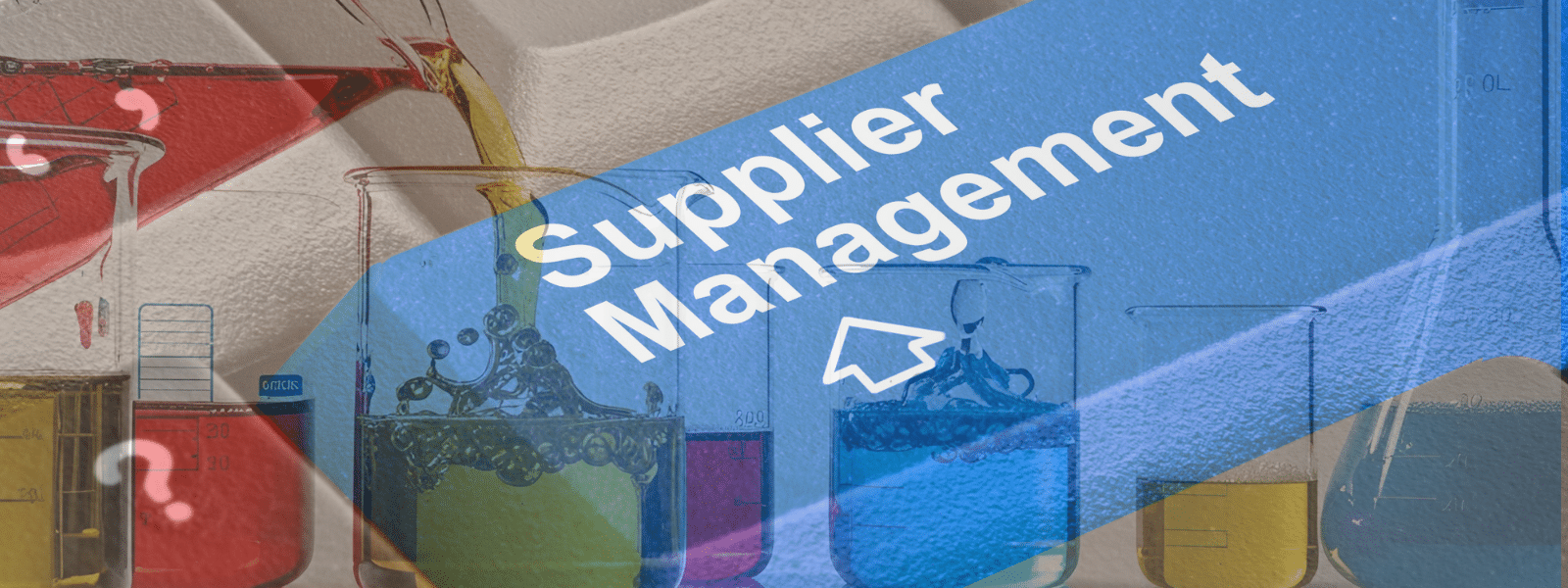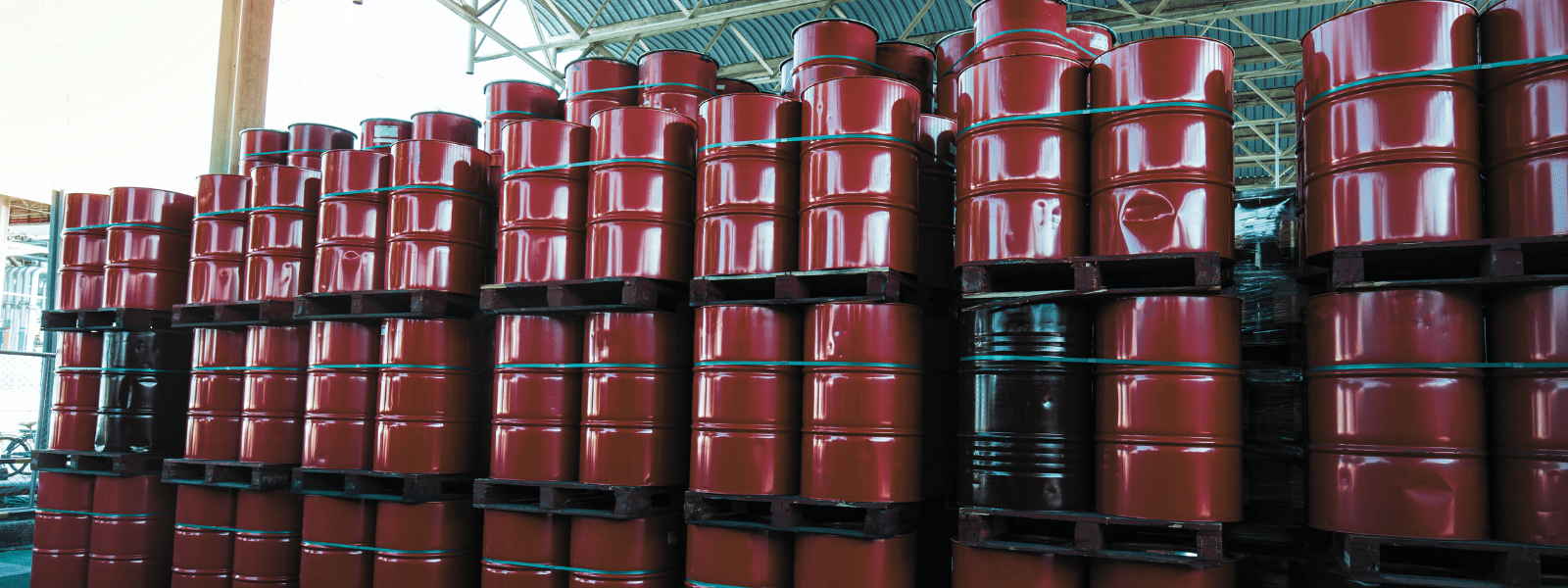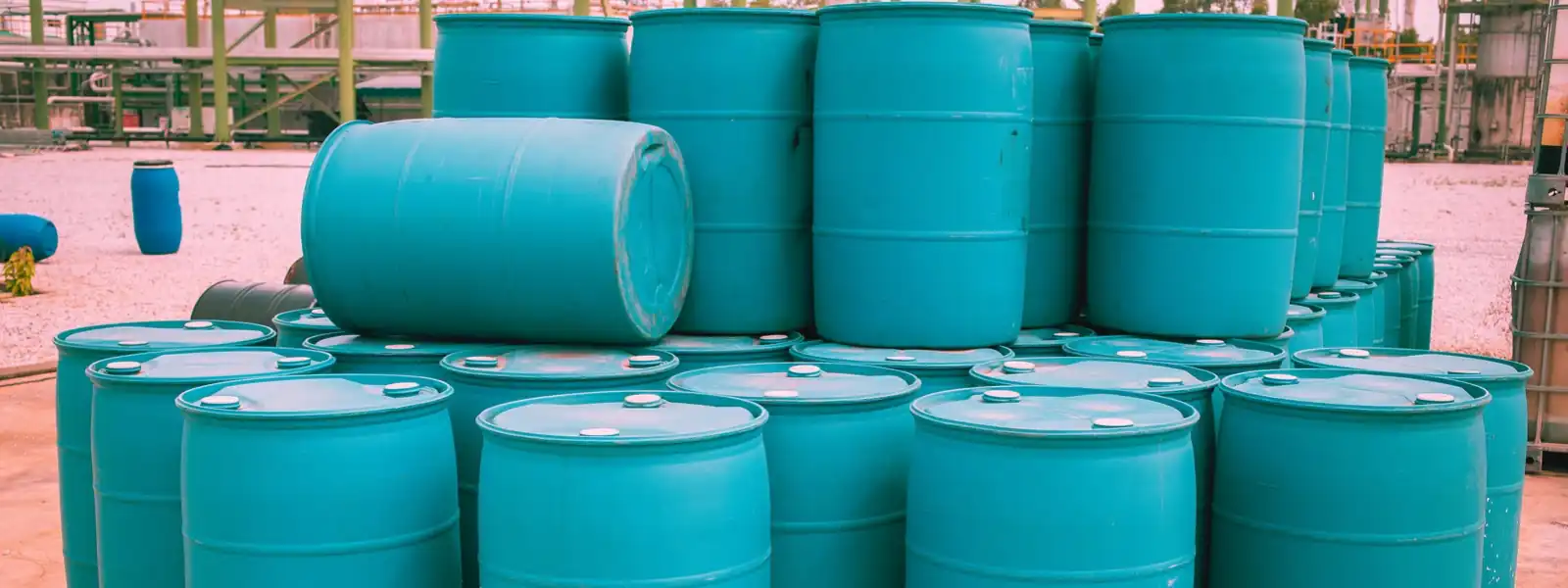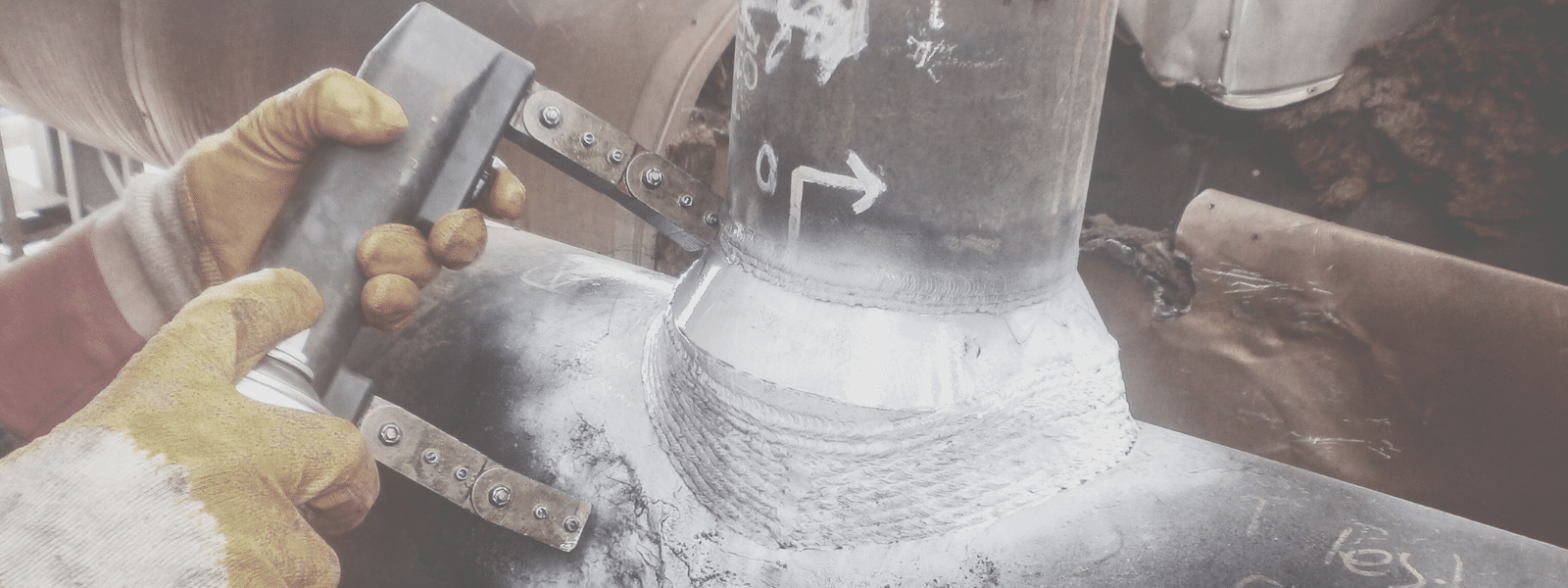Just like engines in non-industrial machinery, engines in industrial machines must be serviced to remain in good working order. There are plenty of industrial engine cleaners that can help you do the job, but which one is right for your application? That’s what we help you answer by presenting a checklist covering six crucial selection criteria for industrial engine cleaners.
- Types of Materials in the Engine
You need a cleaner that doesn’t degrade any materials in the engine. In addition to knowing the general types of materials you’re dealing with, you need to know their specific type (e.g., grade of stainless steel or grade of plastic). Goal number one is to avoid damaging the engine with the wrong solvent.
- Turnaround Time for Cleaning
How fast must the engine be cleaned? Can you spend six hours polishing it to perfection, or do you need to clean it in a matter of minutes? Now that you know what solvents can safely clean the engine materials, you can focus on acquiring a solvent with the efficacy to clean the engine, as quickly as required.
If you have a quick turnaround time, it’s also helpful to use a fast drying solvent. Some solvents make soils flow away from parts and leave the parts dry within a few seconds.
- Geometry of Engine Parts
Regardless of the time frame for cleaning the engine, you need to apply solvent evenly across parts that need cleaning, including tough to reach places where cleaning by hand is impractical.
When engine parts have complex geometries, cleaning them is often done easiest with aerosol, whose cloud of particles diffuse uniformly across the work surface. Aerosol can be applied from drums with a high-speed sprayer wand, in addition to being applied with handheld spray cans.
- Energized Vs. Non-Energized
Most engines are cleaned in a non-energized state, meaning the power is disengaged. However, engines that perform long service runs being being powered off — such as engines in passenger jets and manufacturing equipment — must often be cleaned while running.
To do the job safely, use industrial engine cleaners that are non flammable and contain a dielectric. A dielectric is a buffer that prevents electrical current from flowing through the solvent. Be sure the dielectric you select has the strength to oppose the voltage of the engine.
- Engine Cleaning Schedule
You probably have an engine cleaning schedule in place. One way to be sure you don’t need clean engines more frequently is to use non-residue industrial engine cleaners. Solvent residue can be like common soap residue: Instead of repelling soils, it can actually attract them.
In engines, solvent residue can also create oil viscosity problems, potentially causing damaging friction between engine parts. Unless your cleaning application directly calls for a solvent that deposits a residue, stick with non-residue industrial engine cleaners.
Contact Us Today
Have questions about selecting the right engine cleaner? The chemists at Ecolink are here to help. We supply stock solvents and custom solvents in environmentally-preferred formulations. Contact us today at 800-563-1305, or email us a message through our contact form. We look forward to assisting you!







